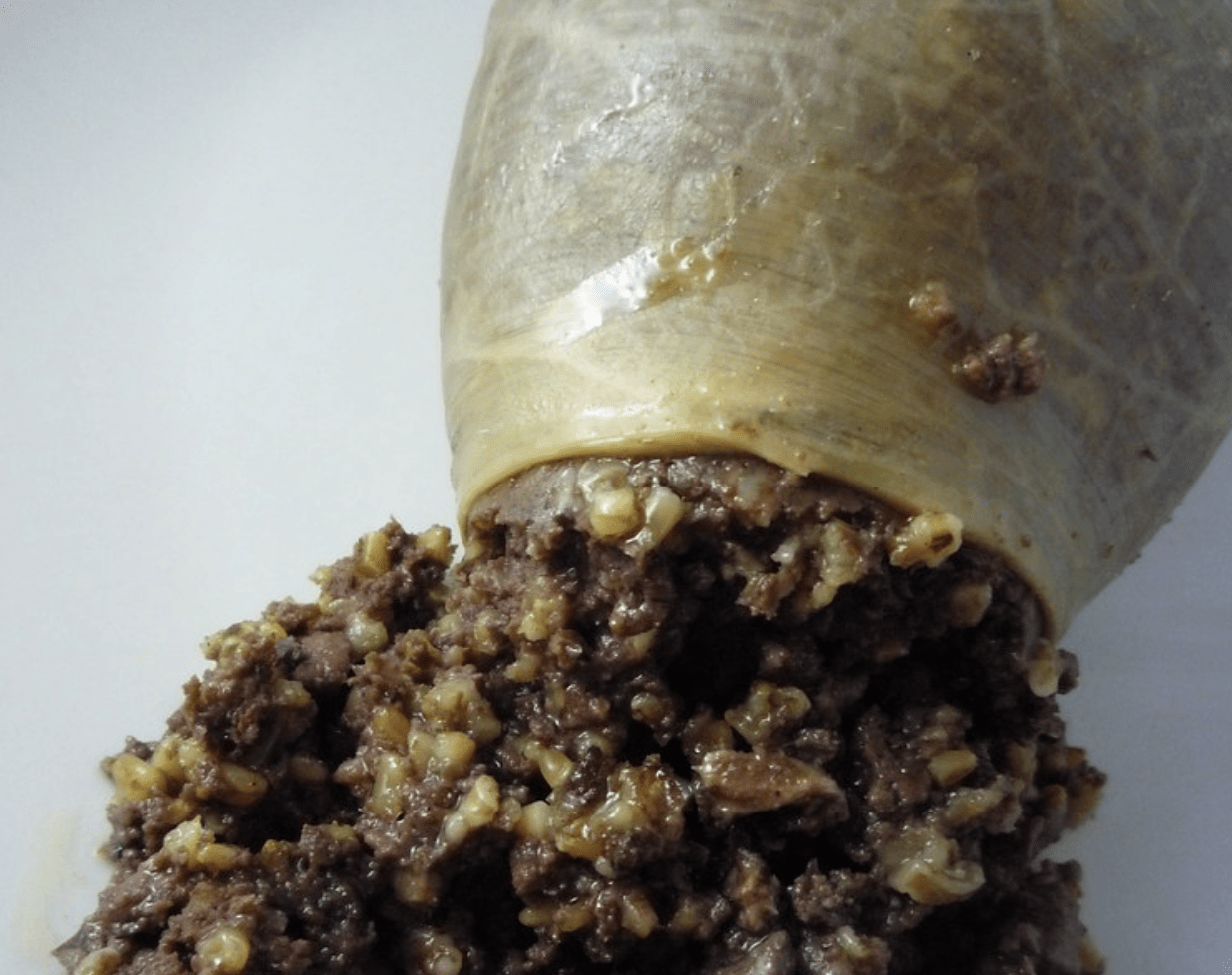FOOD REVOLUTION NETWORK – Many foods sold in the United States are banned or fiercely regulated in other countries due to harmful additives, growth promoters, genetically engineered ingredients, herbicides, or other dangerous practices. Does this concern you? It should!
Each country has its own standards for what ingredients and food production practices it considers safe. And some of what’s considered normal practice for the food industry in the United States is handled very differently in other countries.
It’s well known that rates of chronic diseases like cancer, heart disease, diabetes, and obesity are high in the U.S. And the country is also saturated with food allergies and behavioral disorders.
In many cases, these conditions and diseases are highly preventable. It turns out that there are a number of ingredients and food additives that other countries have banned, but the U.S. still uses.
Could it be possible that some of them could be playing a part in the public health crises?
The Problem with FDA Regulation
As much as we would like to believe that everything on store shelves is delicious, good for us, and safe, the truth is not always so reassuring.
In fact, the food supply in the U.S. (and many other nations, too) is full of chemical flavorings, additives, colorings, and other ingredients that you may not want to put in your body.
Before we start naming names, let’s explore how the U.S. government could let this happen.
For starters, the FDA states that food companies can market new chemicals and food additives WITHOUT FDA oversight or approval, so long as “the substance is generally recognized, among qualified experts, as having been adequately shown to be safe… ”
This is known as the GRAS system, and it might sound all well and good. But what makes someone a “qualified expert”? …



